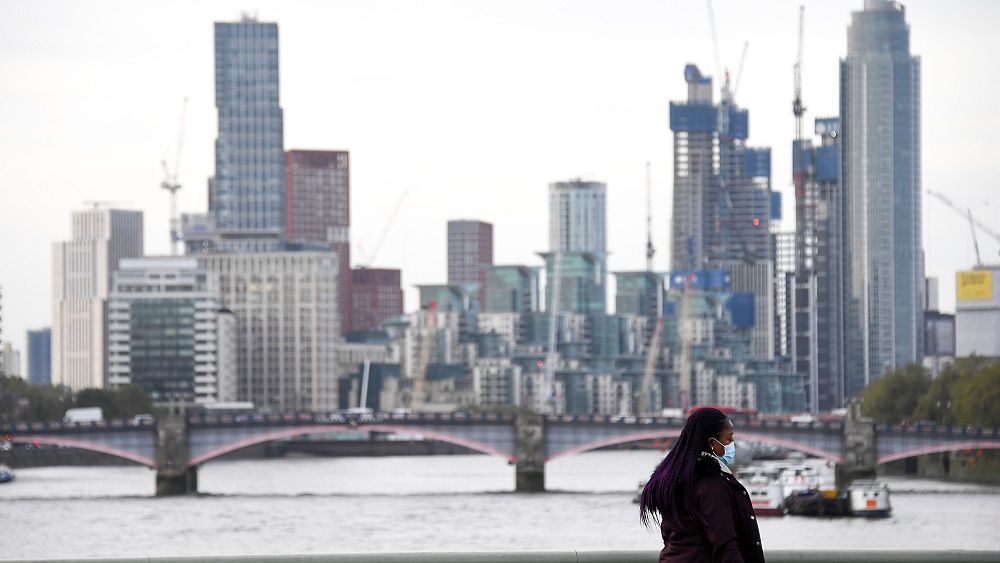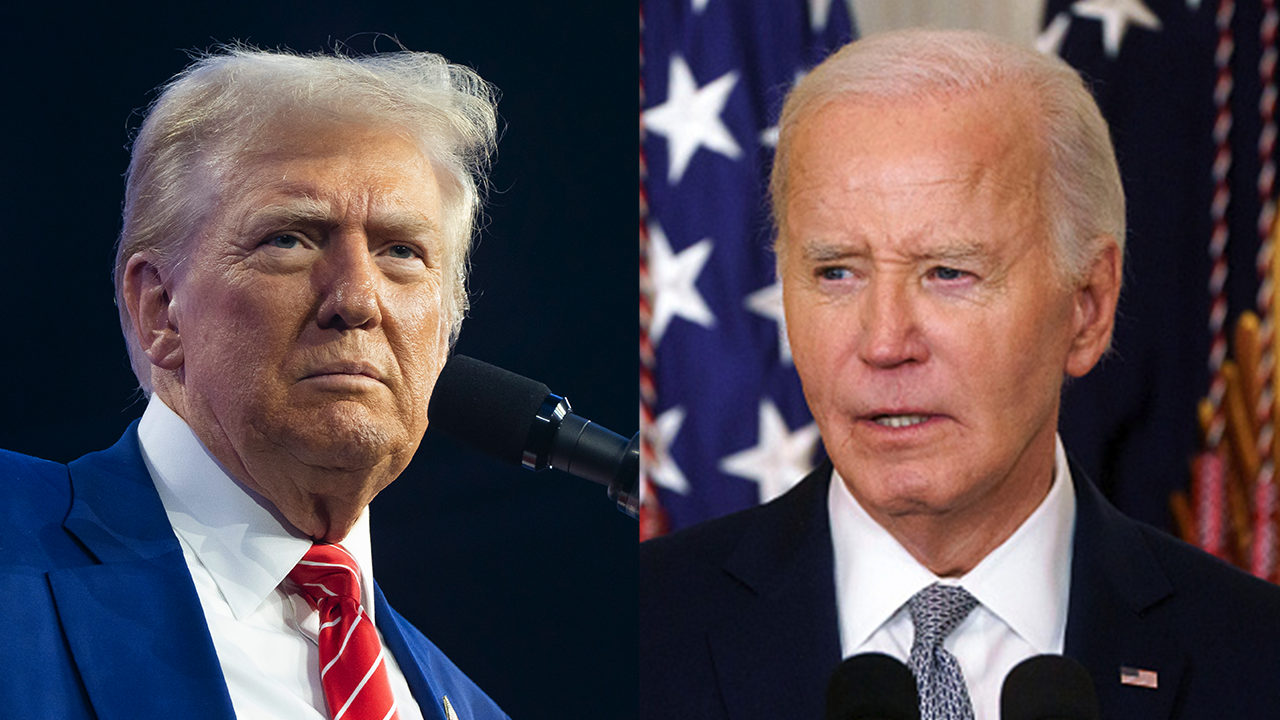The UK recorded more than 17,000 new coronavirus cases on Thursday, as the government mulled bringing in further restrictions in hot spots.
17,540 cases were recorded, bringing the total since the start of the pandemic to 561,815.
That’s a rise of more than 3,000 on Wednesday’s figure of 14,162 cases.
The number of deaths has also risen, with 77 people dying within 28 days of a positive test.
That brings the total official death toll to 42,592, the largest in Europe.
The continuing rise in cases has caused the government to consider bringing in stricter measures in parts of the country that are experiencing the highest levels of COVID-19 infections.
The housing secretary Robert Jenrick told the BBC on Thursday the government would make a decision “shortly”, amid fears that hospitals could soon become overwhelmed by the growing number of patients.
Health secretary Matt Hancock told a virtual NHS Providers conference that the UK was at a “perilous situation” given the rise in cases.
There are already local restrictions in England on top of nationwide measures, but the different rules have been the cause of widespread confusion.
Nationally pubs and restaurants have to close at 10 pm, and local restrictions include bans on mixing between households.
Elsewhere in the UK, Scotland is bringing in measures in some areas including ordering pubs and restaurants to close for 16 days.
The measures, which come into force from Friday, affect five regions, including the two biggest cities Glasgow and Edinburgh.
Nicola Sturgeon, the First Minister, told the Scottish parliament on Wednesday the measures are “tough but necessary”.
In the rest of the nation, restaurants and cafes will no longer be allowed to serve alcohol and will have to close at 6 pm indoors, but will be allowed to serve alcohol outdoors until 10 pm.








